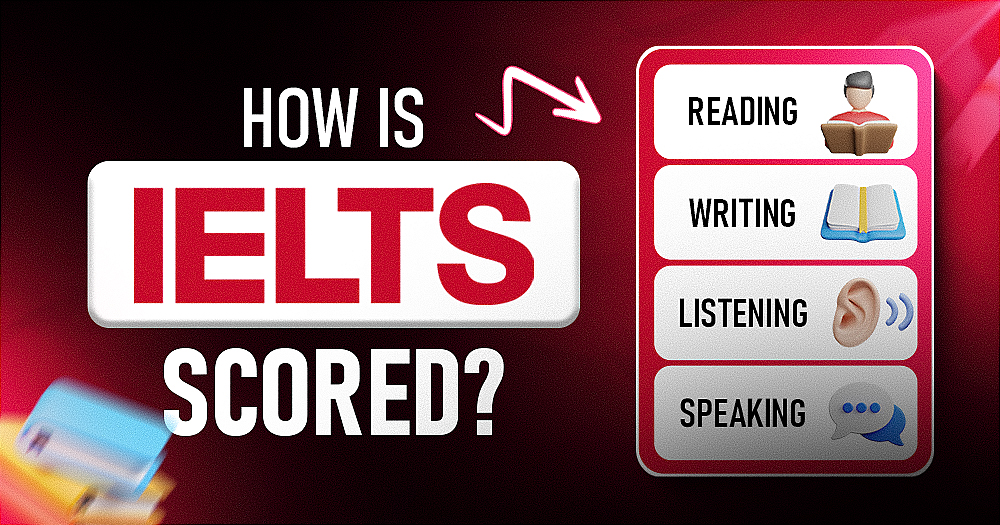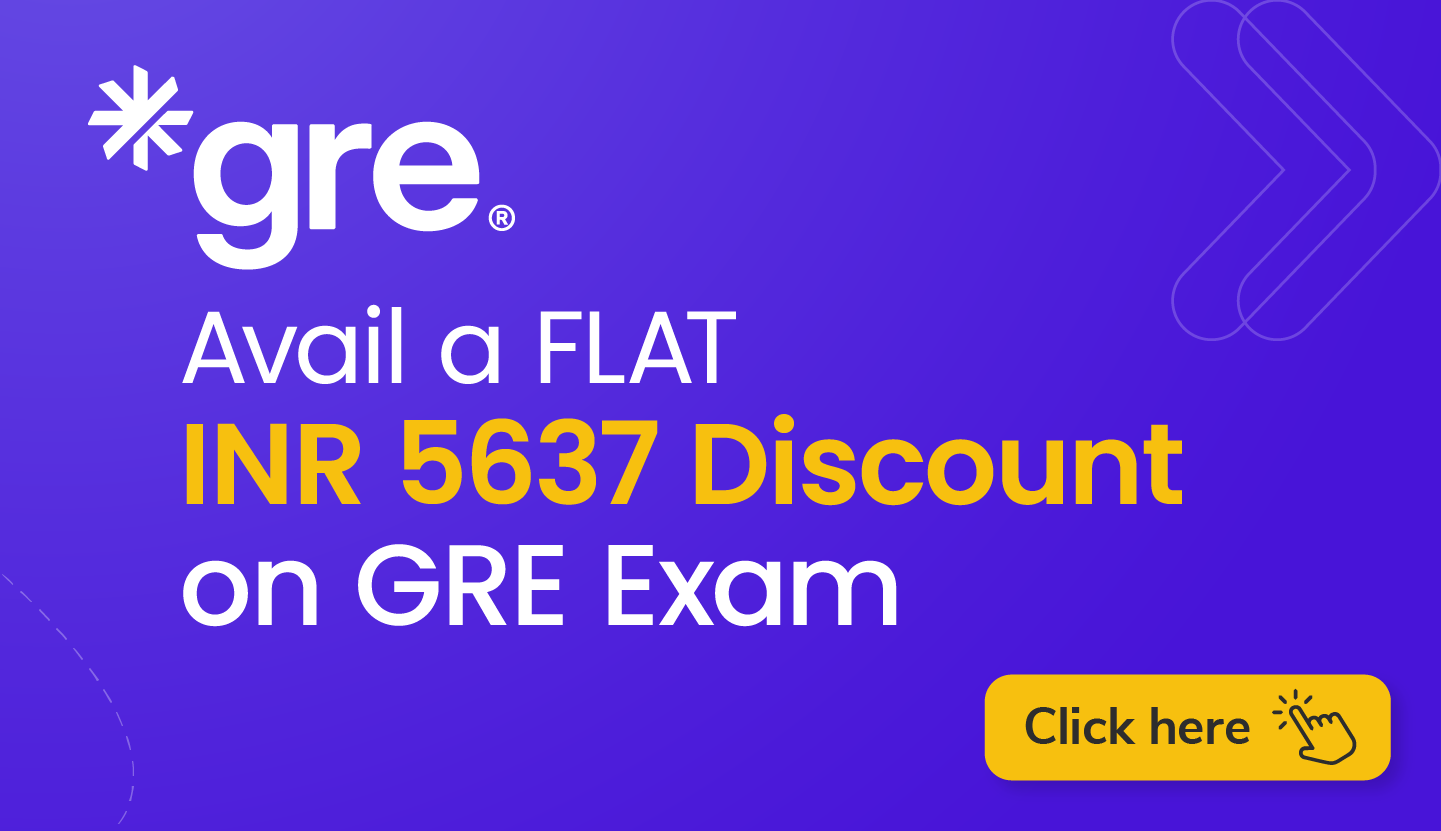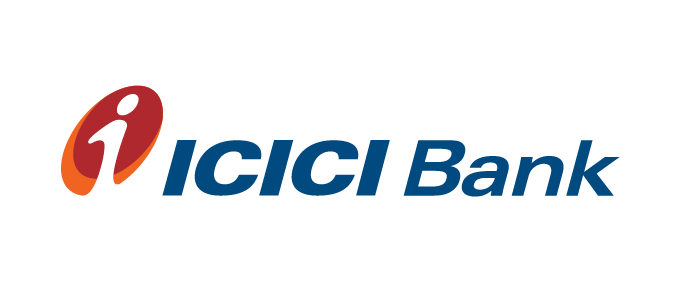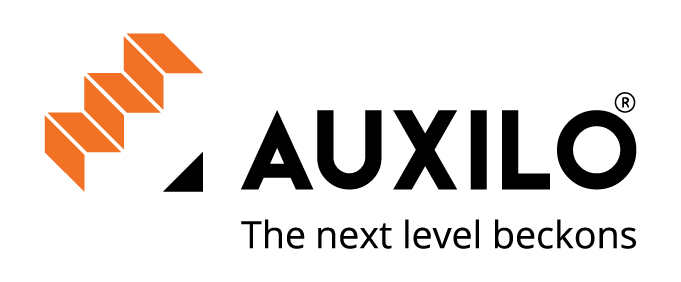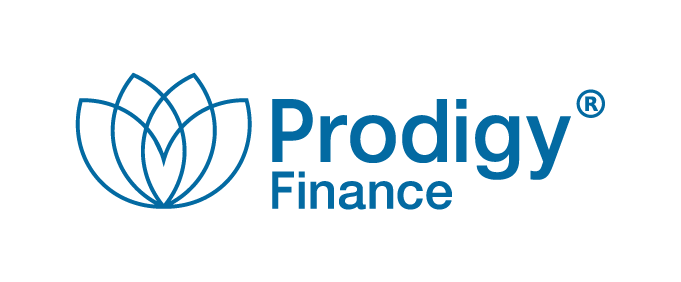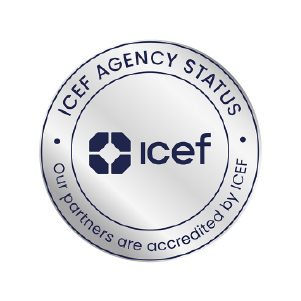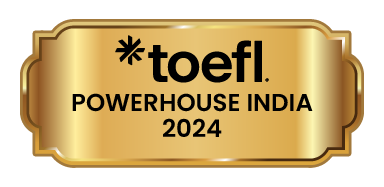The IELTS test is the International English Language Testing System, which is the world’s most popular English language test. This test has four components that are designed to test various English skills: Listening, Reading, Writing and Speaking in less than three hours. It intends to reflect how you use English for studies, works and communication in countries abroad.
There are two types of IELTS test: IELTS Academic suitable to those wanting to go abroad for further studies and professional registration and IELTS General Training for those wanting to work and settle abroad.
Components of IELTS
Listening: The person taking the test will listen to four recordings of native English speakers and then write his/her own answers to a series of questions. The first two recordings are based on conversations between two people and a monologue in an everyday social context whereas recordings 3 & 4 consist of a conversation between four people and a monologue on an academic or training context. (The examiners look for the test taker’s ability to understand key ideas, the perspective and outlook of the speakers and the purpose of remarks as well as the test takers ability to follow the evolution of concepts.)
Reading: The test taker will come across three long texts that range from descriptive and factual to the eloquent and interpretative. These paragraphs are taken from books, journals, newspapers and magazines and have been chosen for a non-special audience but are apt for people starting courses at university or looking for professional matriculation.
Writing: The test taker receives topics of common interest which are apt for those entering undergraduate and postgraduate studies or are looking for professional matriculation. This component has two tasks wherein for the first task he/she will be asked to give a description, summary, or explanation in his/her own words for the graph, table, diagram or chart that has been presented. The second task asks the test taker to write an essay as a response to a viewpoint, argument or problem. Use of a vast range of vocabulary is very useful and the responses to both the tests are required to be in a formal style.
Speaking: The spoken English of the candidate is analysed during the Speaking element of the IELTS test. Each test is recorded. During the first section of the test the examiner will ask the test taker general questions about themselves and a range of familiar subjects such as family, home, word, studies and interests which lasts for about 4-5 minutes. In Section 2 the test taker will be given a card which asks them to talk about a specific topic. 1 minute will be given to prepare a speech which will be narrated for up to 2 minutes followed by a couple of questions on it. Extensive use of vocabulary is suggested for the speech to get good band scores. The test taker will further be asked more questions in Section 3 about the topic in Section 2. In this way the candidate will get the chance to converse more about concepts and issues for around 4-5 minutes.
The IELTS test results are known as the Test Report Form which provides an Overall Band Score and band scores for each of the four elements of the IELTS test: Listening, Reading, Writing and Speaking.
IELTS scores the test in bands from 1 to 9 (‘non-user’ to ‘expert’). It is possible to score in whole or half bands, for example: 7.5; 8.5. One can score in half bands or whole bands on any section of the test but the final score is the average of the scores in all four components: Listening, Reading, Writing and Speaking.
Often a question arises as to “What is a good IELTS score?” or “What is an acceptable IELTS score?”
The IELTS test has been adopted by 140 countries and over 10,000 institutions and organisations to depict whether the candidates English is ‘good enough’ of eligibility – immigration, admissions and hiring. If a candidate is taking an IELTS test as an international student, the institution as well as the government may have a say about what is an acceptable score for admission. If a candidate takes an IELTS test for immigration, that will rely on the sort of visa, for example: work, business, for students or for investors.
According to the British Council if you score a 9 on the test, you’re an ‘expert’ in English; if you score an 8, you’re ‘very good’ at English and so forth.
The score requirements of universities vary as they may ask for different IELTS scores, for example:
- Oxford University: requires an overall score of 7.0 with at least 7.0 in each of the four components.
- Cambridge University: requires an overall score of 7.5 for undergraduates, with 7.0 or above in each element. Graduate level students are asked for scores based on their courses.
- Band Scores based on each component
The candidate can get a score between 1 and 9 for each section. Half scores such as 6.5 are possible. Most universities demand an IELTS score of 6 or 7. They may set minimum score that is required in each of the four sections. - Listening
The IELTS Listening test consists of 40 questions. Each correct answer is given one mark. Scores out of 40 are converted to the IELTS nine-band scale. The scores are reported in a whole number or half bands.
- Reading
The IELTS Reading test consists of 40 questions, same as the IELTS Listening test and each correct answer is given one mark following which scores out of 40 are converted to the IELTS nine-band scale. The scores are reported in a whole number or half bands.
The Academic and General Training Reading tests are graded on the same scale, their contents being the same. The difference between the two tests is one of the genre or text type. However, Academic Reading tests may contain texts with more difficult vocabulary or an intricate style. Usually a greater number of questions are required to be answered correctly on a General Training Reading test in order to obtain a given band score.
Below are the tables displaying an average number of marks that are required to obtain a particular band score in Listening, Academic Reading and General Training Reading.
- Writing
The examiners use an assessment criteria in order to give a band score for each of the four norms:
1. Achievement of Task (for Task 1); Response for Task (for Task 2)
2. Cohesion and Coherence
3. Lexical Resource
4. Grammatical Scope and Preciseness
The score on the task is the average as the four norms are weighted equally.
- Speaking
The examiners use an assessment criteria in order to give a band score for each of the four norms:
1. Fluency and Coherence
2. Lexical Resource
3. Grammatical Scope and Preciseness
4. Pronunciation
The score on the task is the average as the four norms are weighted equally.
- Overall Band Score
The Overall Band Score is the average of the four element scores, estimated to the nearest whole or half band. The element scores are weighted equally.
For example:
You can also maximise your scores by joining IELTS classes. There are IELTS online classes too that offer IELTS online courses. With resourceful online learning materials and rigorous training, you will be able to crack the IELTS test.
If you are looking for expert assistance on preparing for the IELTS, connect with our experts.

